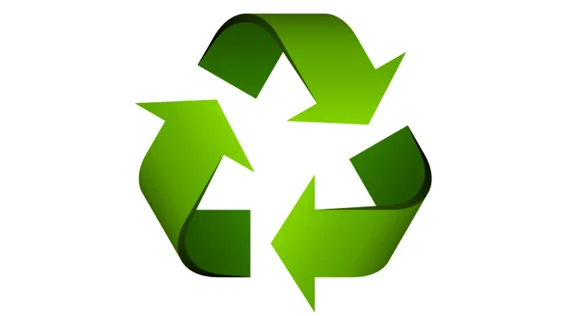
SEATTLE (Waste Advantage): Berk Calli, assistant professor at Worcester Polytechnic Institute in the computer science department and robotics engineering program, and eight other researchers will use $2.5 million in funding from the U.S. National Science Foundation’s Future of Work at the Human-Technology Frontier program for a four-year project to develop robotics technology that could help recycling center workers sort waste in a safer, cleaner, and more profitable manner. This will include building a mock recycling line at WPI.
The aim is to develop robotics technology that could be deployed at waste recycling facilities to make them more efficient, but also to improve conditions for workers who sort mixed recyclables by hand. “What we are trying to do is to introduce robotics technology in such a way that the working conditions of these employees improve,” Calli says. “We approach the problem from a worker-centric view and aim for a human-robot collaboration-based robotic system in which the dirty and dangerous aspect of the job is minimized. Such an approach includes understanding the needs and demands of the workers together with the challenges of the recycling industry, and our interdisciplinary team will cover all these aspects while developing the robotic system.”
The U.S. scrap recycling industry accounts for more than 530,000 jobs and generates $117 billion in annual economic activity while handling large amounts of materials. Americans recycle nearly 68 million tons of waste a year, according to the Environmental Protection Agency.
Yet recycling centers face challenges in selling sorted materials to processors. China, historically the largest consumer of U.S. recyclables, has imposed tariffs on imports of recyclable waste, while Taiwan has proposed restrictions on imports of recyclables, and Malaysia stopped issuing import licenses for recyclable plastics in 2018, according to the National Waste and Recycling Association. In addition, workers at recycling centers rapidly sort plastic, paper, metal, glass, and other materials while being exposed to noise, dust, toxic materials, odors, sharp objects, and other hazards.
Improving sorting operations at recycling centers is a difficult technological challenge, Calli says. Because objects of different materials, shapes, and appearances move along sorting lines, often in cluttered piles, the researchers aim to develop object-detection technologies, robotic manipulation algorithms, and robotic arms and effectors to help sort waste. “We need to basically use everything that we have in the state of the art of robotics, plus push it even further so that we can actually start solving the problem,” Calli says.
Courtesy: www.wasteadvantagemag.com
| Copper Scrap View All | |
| Alternator | 0.31 (0) |
| #1 Copper Bare Bright | 3.65 (0.02) |
| Aluminum Scrap View All | |
| 356 Aluminum Wheels (Clean) | 0.71 (-0.01) |
| 6061 Extrusions | 0.62 (-0.01) |
| Steel Scrap View All | |
| #1 Bundle | 475.00 (0) |
| #1 Busheling | 495.00 (0) |
| Electronics Scrap View All | |